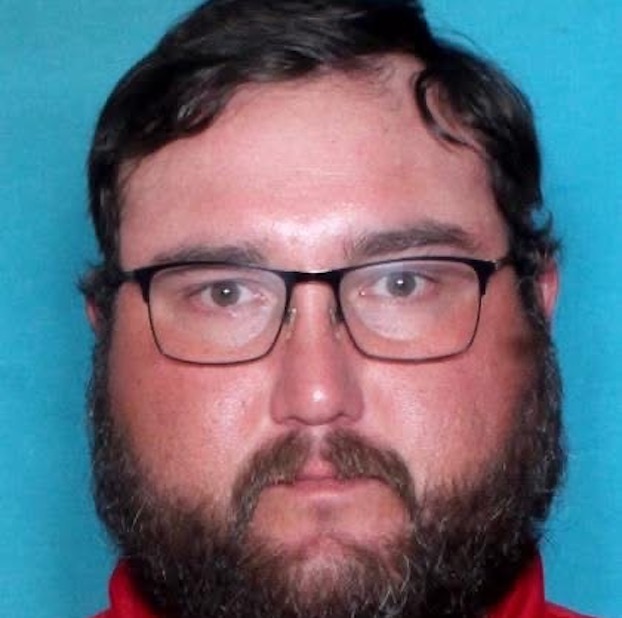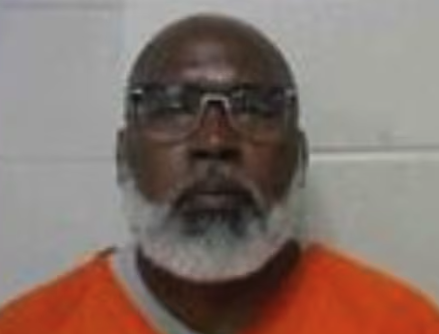Grocer was shopper’s crusader
Published 12:14 pm Sunday, August 13, 2017
Residents of the New Orleans area never want for reasons to celebrate, but they came up with a new one Saturday. Many who knew him celebrated with special social events to mark what would have been John G. Schwegmann’s 106th birthday.
Schwegmann was the supermarket king of the New Orleans area long before Sam Walton of Wal-Mart fame conceived what has become the major supermarket operation in the world.
I remember visiting a Schwegmann Bros. Giant Supermarket for the first time in the late-1950s while we were visiting my sister-in-law in Algiers. I was startled to see, for the first time, a man drinking a bottle of beer while picking up his groceries off the shelves.
David Cappello has written a new 400-page history of Schwegmann and explains how he built his grocery empire. Its publication was another reason for Saturday’s observance.
During my high school days, I worked at the neighborhood Fontana’s Grocery and have always been interested in the business. I have also done the grocery shopping for our family for most of my adult life.
Dominic Massa of WWL-TV in New Orleans lays it all out in a review of Cappello’s new book, “The People’s Grocer.” He said it “makes a strong case for Schwegmann as a retail genius” and “delves deeply into the life story, successes and failures of the legendary grocer, a high school dropout turned multimillionaire.”
The Schwegmann family was in the grocery business, but the young Schwegmann in 1946 went out on his own and opened the original Schwegmann Bros. Giant Supermarket. Cappello said Schwegmann’s touted its “low-cost, low-price, high-volume principles” and “everyday low prices,” decades ahead of Wal-Mart.
The second store opened in 1951 and contained 84,000 square feet, more than triple the 25,000 square foot usual size of conventional stores. It could park 2,000 cars.
The next one was truly a giant at 300,000 square feet, and it became a destination store for shoppers throughout the region. Schwegmann sold bonds to help finance its construction and customers felt like they owned a stake in their store.
Schwegmann went to war against price-fixing, which was a result of fair trade laws. He also took on the pharmaceutical, liquor and dairy industries. Some of his legal fights went all the way to the U.S. Supreme Court, and they were successful in reducing prices.
“We at Schwegmann’s are still carrying out the old tradition — protecting the people’s pocketbook, slashing prices and waging war on the price fixers,” said one of the chain’s advertisements.
The stores sold drugs and cosmetics, hardware and sporting goods, housewares and gifts and had a snack bar. Later stores added banks, gas stations, bakeries, radio and TV appliance shops, shoe repair, barber and floral shops with space leased to outside businesses.
Anyone who has visited the new Lake Charles Kroger’s gets a pretty good idea of the kind of operation for which Schwegmann’s was famous.
Schwegmann died in 1995 and the chain collapsed and closed in 1999. Massa said after reading the book “it’s hard to imagine Schwegmann as anything other than a supermarket superstar.”
I first met Schwegmann when he ran for governor in 1971. I looked up one day and saw this man walking into the newsroom with a handful of brooms. Schwegmann told me he was touring the state promising to sweep the deadheads out of Baton Rouge.
Without hesitation, I made sure Schwegmann had a chance to meet Mr. Tom, the late Thomas B. Shearman Sr., publisher emeritus who had purchased the American Press in 1943. They were two of a kind, crusaders willing to take on the political power structure.
Schwegmann financed his own campaign, saying he could spend his own money and be his own boss. Former Gov. Mike Foster of Franklin was much like Schwegmann in that respect. Schwegmann also used his grocery bags as political promotions for himself and others he supported.
Knowing how Mr. Tom felt about Schwegmann, the American Press ended up saying he, Edwin W. Edwards and J. Bennett Johnston were all well-qualified to serve as governor. Schwegmann came in fifth and Edwards defeated Johnston in a runoff by 4,600 votes. He defeated Republican Dave Treen in the general election.
“Schwegmann died in 1995 at age 83, and I ended a March 12 column about him and those brooms. Here is what I said:
“I wish I still had that broom Schwegmann gave me back in 1971. The state Capitol he wanted to clean out 24 years ago could still use a good sweeping.”
Edwin W. Edwards was serving his unprecedented fourth term at the time.
Shoppers lined up at Schwegmann’s Giant Supermarket to check out.





